Competitor Benchmarking
The competitor benchmarking feature includes our proprietary ASK BOSCO® Index which delivers comprehensive performance scores that assess your business against your competitors across key online metrics. The index uses data from trusted 3rd party sources and provides a comprehensive comparison of your online performance.
How the scores are calculated
The ASK BOSCO® index evaluates your and your competitors’ performance across four key categories: Paid Search, SEO, Other Digital Marketing, and Website Health. You receive scores for each key category, as well as an ‘Overall ASK BOSCO® Index Score’, which is determined by combining scores from all four key metrics.
Key performance indicators for benchmarking.
We evaluate your website’s traffic, value, market share, and onsite engagement from paid digital marketing efforts. This includes PPC, Shopping Ads, and Display Ads displayed on search engines including Google and Bing.
We analyze your website’s traffic, value, market share, and onsite engagement generated from organic digital marketing activities. This includes search engines such as Google and Bing.
We measure the effectiveness of your non-paid and non-traditionally organic traffic sources, including email, direct, social media, and referrals. We look at onsite engagement metrics and the volume of traffic from these sources to your website.
We analyze your website’s overall health using Google Lighthouse. Including Accessibility, Google Best Practices, SEO Score, and Performance Score. Metrics such as site speed contribute to generating this score, ensuring a holistic assessment of your website’s performance.


FAQs: Competitor Benchmarking /ASK BOSCO® Index
We have listened to your feedback and have improved our Competitor Benchmarking feature withing the ASK BOSCO® platform to be more insightful for users.
We have updated the competitor benchmarking feature and the way we calculate the ASK BOSCO® Index to give you more insights and a better holistic view of your online presence and performance which now includes more metrics. We have now added more key metrics to the overall scoring system to give you greater depth and clarity on how to outperform the competition.
Along with your overall ASK BOSCO® Index Score, we now provide 14 additional scores across 4 key Digital Marketing categories to help you pinpoint areas of improvement.
Your index score may have changed because we have recently enhanced the evaluation criteria used to create the ASK BOSCO® index score. We now include additional key metrics, providing a more comprehensive view of your online performance. If your performance in a newly incorporated category is lower than expected, it may impact your overall score negatively. Conversely, if your performance in any of the new categories is strong, your ASK BOSCO® index score may increase accordingly. This update ensures a more holistic and accurate assessment of your online performance and presence.
The ASK BOSCO® Index is the competitive scoring system within the ASK BOSCO® Competitor Benchmarking feature that allows you to compare your online performance against the competitors within your sector. Think of it as the credit score of digital marketing.
An ASK BOSCO® Index score of 400-600 indicates average/good performance compared to your competitors. Scores above 600 signify exceptional performance, while scores below 400 suggest room for improvement.

The ASK BOSCO® Index evaluates your and your competitors’ performance across four key categories: Paid Search, SEO, Other Digital Marketing, and Website Health. You receive scores for each key category, as well as an ‘Overall ASK BOSCO® Index Score’, which is determined by combining scores from all four key metrics.
- Paid Search Score
Your website’s traffic, value, market share, and onsite engagement from paid digital marketing efforts. This includes PPC, Shopping Ads, and Display Ads displayed on search engines including Google and Bing.
- SEO Score
Your website’s traffic, value, market share, and onsite engagement generated from organic digital marketing activities. This includes search engines such as Google and Bing.
- Other Digital Marketing Score
All non-paid and non-traditionally organic traffic sources, including email, direct, social media, and referrals. Looks at onsite engagement metrics and the volume of traffic from these sources to your website.
- Website Health Score
Your website’s overall health using Google Lighthouse. Including Accessibility, Google Best Practices, SEO Score, and Performance Score. Metrics such as site speed contribute to generating this score, ensuring a holistic assessment of your website’s performance.

The Index Scores are updated on the 15th of every month to show the latest data and performance.
If you would like to change or update which competitors you are monitoring within the Competitor Benchmarking feature, it’s a really simple process. Simply:
- Click on the purple ‘Edit Competitors’ button at the bottom of the league table on the right-hand side of the feature. This will take you to the ‘Your Competitors’ page in your ‘Business Settings’.
- Here you can add new competitors and delete existing ones.
- Click on the ‘Save Changes’ button.
- Return to the Competitor Benchmarking feature and your competitors will be updated within 1 hour.
A good competitor should:
- Be in the same industry.
- Have a similarly sized web presence (for example, comparing your business to Amazon is rarely a good idea).
- Have a presence in your region. While you can compare your performance to any of your competitors, their score will be just for their presence in your chosen region (UK, USA, France, Australia etc.)
- NB: when you start using the feature, you will see that we have pre-selected some competitors for you. Updating the competitors that you rank against is simple – just click on the ‘Edit Competitors’ button and follow the instructions. For more information on this, please read here.
Yes, the feature gives you a historical view of your and your competitors’ ASK BOSCO® scores over time, displaying overall scores and breakdowns for each of the four key metrics.
